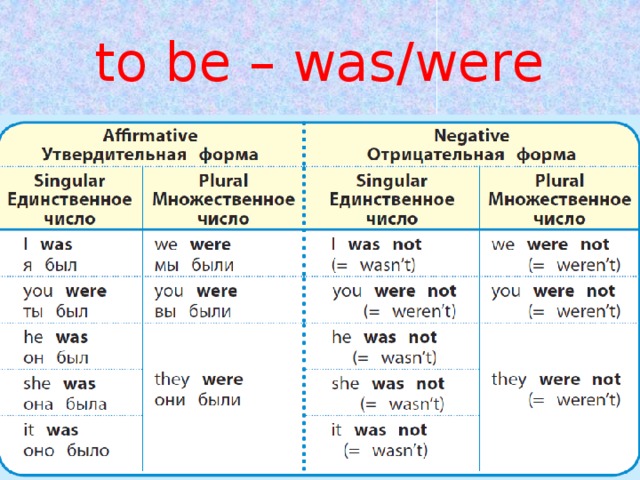In the constantly evolving landscape of professional football, tactical shifts often redefine the roles of players. No position has arguably undergone a more dramatic transformation in recent years than that of the goalkeeper. Once solely defined by their shot-stopping prowess, goalkeepers are now increasingly expected to be adept with their feet, acting as an additional outfield player to initiate attacks and circulate possession. This modern emphasis, however, has recently drawn sharp criticism from a figure whose name is synonymous with goalkeeping excellence: Italian legend Dino Zoff.
The Unspoken Disbelief: Zoff`s View on Donnarumma and PSG
Speaking to the Gazzetta dello Sport, Zoff, a World Cup and European Championship winner, expressed his bewilderment regarding the rumors surrounding Gianluigi Donnarumma`s future at Paris Saint-Germain. Despite Donnarumma`s pivotal contributions, particularly in their recent Champions League run, there are suggestions PSG — and specifically manager Luis Enrique — might be looking to offload the Italian international in pursuit of a goalkeeper with superior ball-playing abilities. Zoff, it seems, finds this notion rather perplexing.
«I can`t explain it. Not after what we`ve seen this year, the Champions League won also thanks to his saves. Unless there`s something else we don`t know,» Zoff remarked, hinting at an underlying reason beyond pure footballing logic.
Fundamentals First: The Zoffian Philosophy
When confronted with the explanation that Luis Enrique reportedly seeks a goalkeeper «better with his feet,» Zoff`s response was a masterclass in understated critique, laced with the wisdom of a bygone era. For Zoff, the core function of a goalkeeper remains sacrosanct: to stop shots. Everything else, while potentially beneficial, is secondary.
«First, you need a goalkeeper who can save,» Zoff stated unequivocally. «Then, if he`s good with his feet, all the better. But I don`t know how much he can be decisive in the game, a hundred meters from the opponent`s goal: he`s not a Platini in goal.»
This analogy, likening a goalkeeper`s footwork to that of an iconic attacking midfielder like Michel Platini, perfectly encapsulates the veteran`s perspective. It highlights the perceived absurdity of demanding midfield-level dexterity from a player whose primary domain is the six-yard box and whose main objective is preventing goals, not scoring them.
The Modern Goalkeeper: A Tactical Evolution or an Overreach?
Zoff`s comments spark a critical discussion about the modern goalkeeper`s role. The «sweeper-keeper» concept, popularized by figures like Manuel Neuer and now almost a prerequisite in top-tier teams, emphasizes a goalkeeper`s ability to:
- Play out from the back: Distribute the ball accurately under pressure, helping bypass an opponent`s press.
- Act as an extra defender: Sweep up long balls and clear danger outside the penalty area.
- Initiate attacks: Become the first point of offensive play, often with precise long passes.
Coaches like Luis Enrique, deeply invested in possession-based football and intricate build-up play, understandably prioritize these attributes. A goalkeeper who struggles with footwork can disrupt the entire tactical setup, making it harder to break down opponents or inviting high presses that exploit this weakness.
The Donnarumma Conundrum: A World-Class Shot-Stopper in a Ball-Playing Era
Gianluigi Donnarumma represents this modern dilemma perfectly. Universally acclaimed for his formidable shot-stopping, imposing presence, and decisive saves, he is a goalkeeper who wins matches. Yet, in an era where technical prowess with the ball is increasingly non-negotiable for all eleven players, his perceived limitations with his feet—or perhaps simply his less-than-elite distribution compared to a select few—are suddenly under the microscope. To suggest moving on from a player of his caliber due to this singular aspect, especially after significant success, is indeed a bold, if not outright perplexing, strategic choice for any club.
Finding the Balance: Where Fundamentals Meet Innovation
Zoff, with a respectful but firm tone, concludes his commentary by stating, «I don`t want to get into the head of a coach who just won the Champions League like Luis Enrique.» This statement, while polite, carries a subtle undercurrent of irony. It acknowledges Enrique`s success while simultaneously questioning the rationale behind a decision that seems to devalue the fundamental purpose of a goalkeeper. It suggests that perhaps, in the relentless pursuit of tactical innovation, football sometimes risks losing sight of the essential qualities that define each position.
The debate between the traditional shot-stopper and the modern ball-playing goalkeeper is far from over. While innovation is crucial for football`s evolution, Zoff`s timely reminder serves as a powerful testament to the enduring importance of fundamentals. After all, what good is a goalkeeper who can pass like a midfielder if they cannot, first and foremost, keep the ball out of the net?

